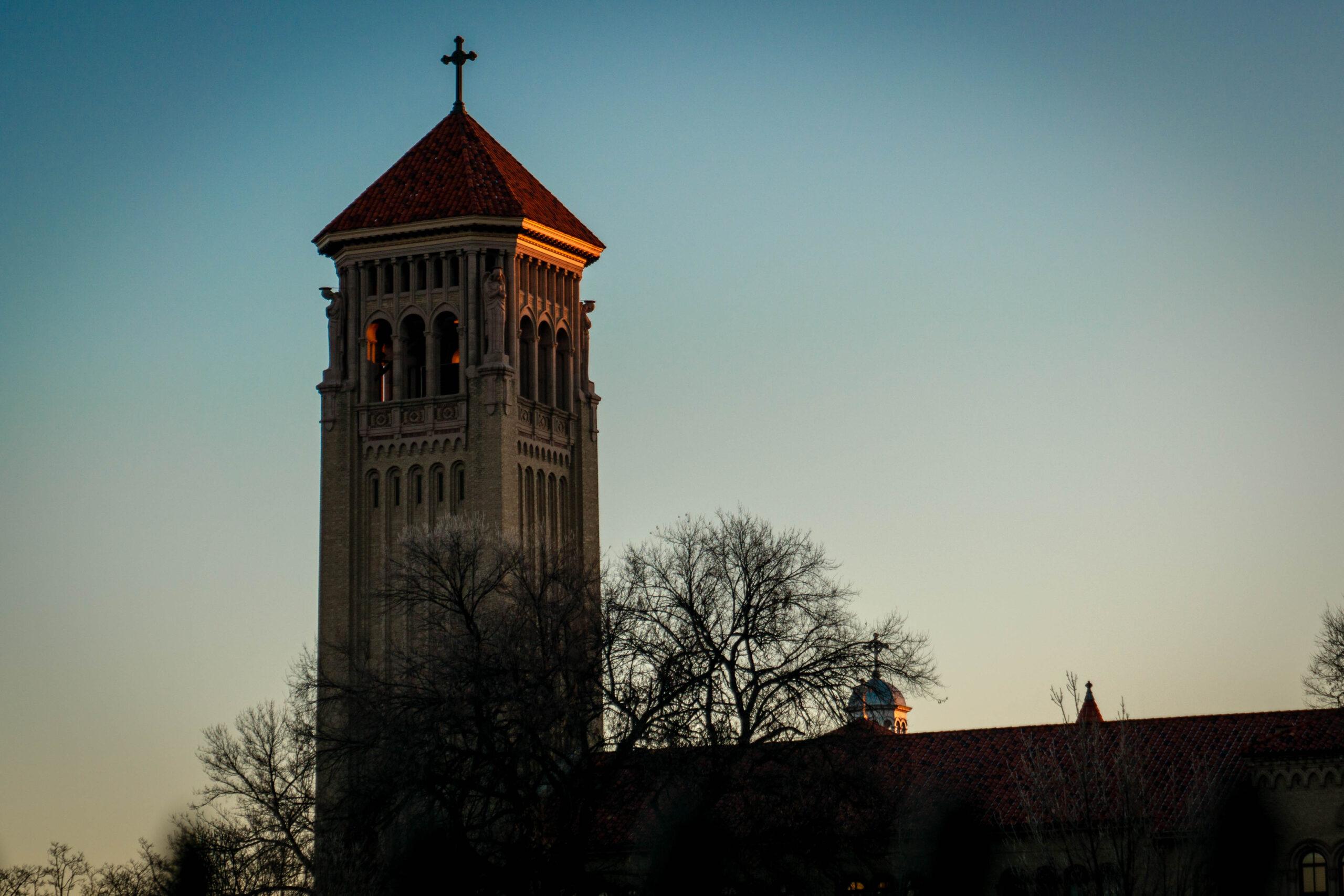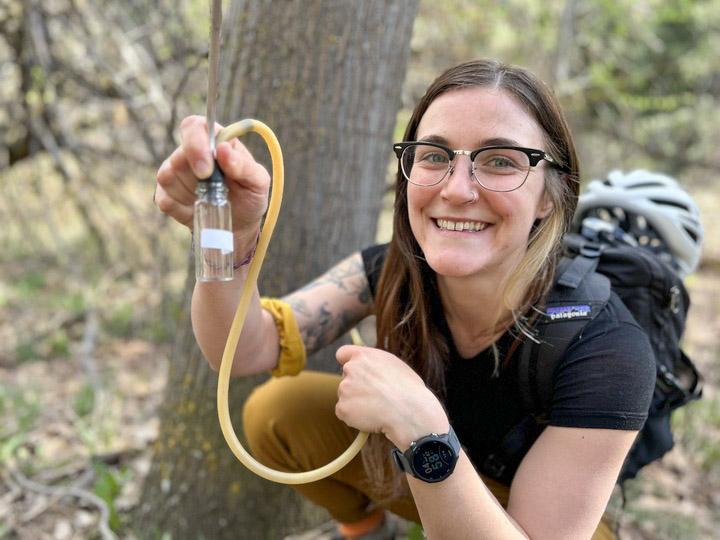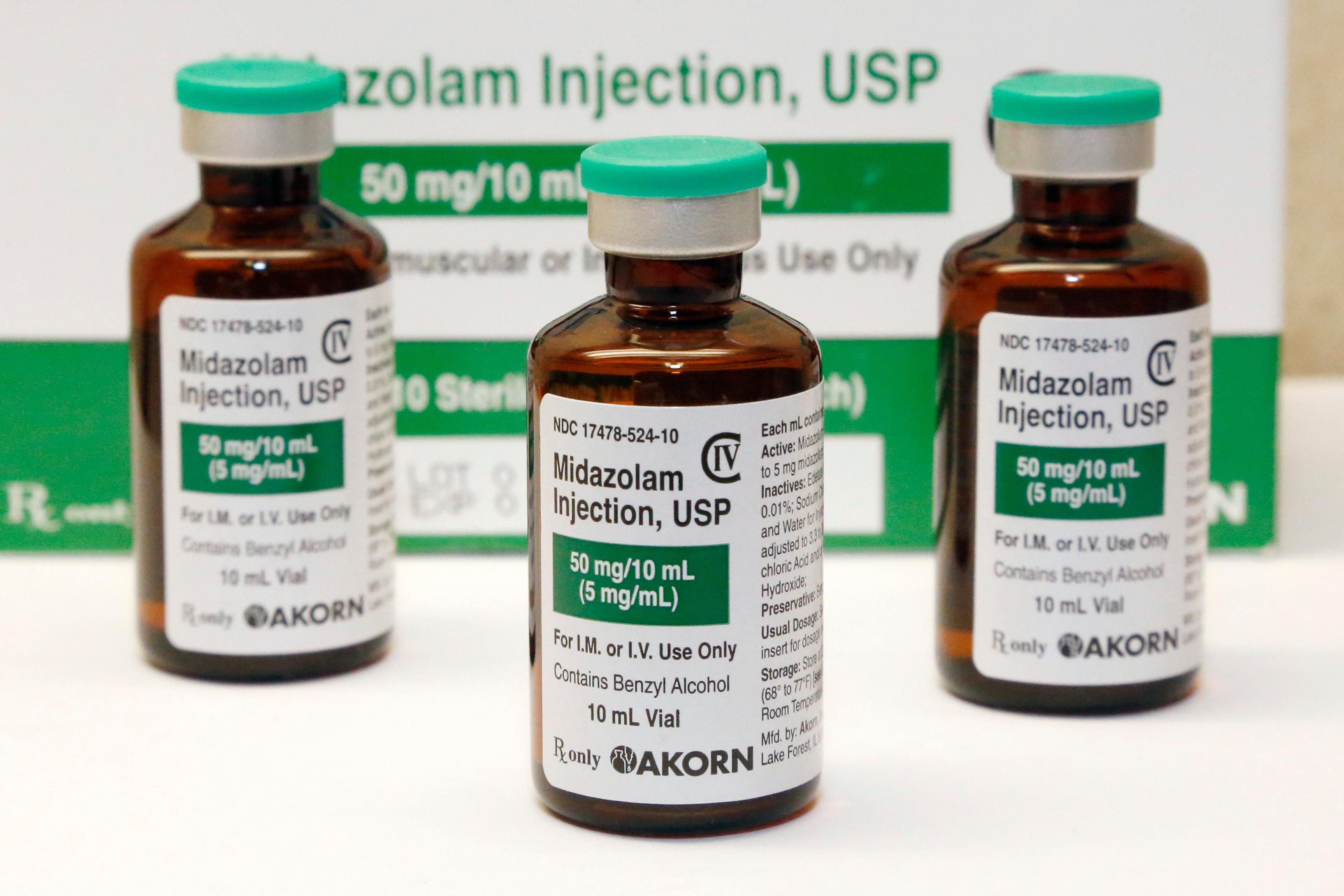
Colorado’s Catholic Bishops have asked Catholic lawmakers who recently voted to codify abortion into state law to voluntarily refrain from receiving communion during Mass.
In an open letter released earlier this week, the Colorado Catholic Conference expressed disappointment in those state lawmakers who voted for the HB22-1279 — the Reproductive Health Equity Act, known as RHEA. It gives an individual the right to have an abortion at any point during a pregnancy and doesn’t allow local governments to ban the procedure.
“Voting for RHEA was participating in a gravely sinful action because it facilitates the killing of innocent unborn babies,” the letter states. “Those Catholic politicians who have done so have very likely placed themselves outside of the communion of the Church.”
The letter was signed by the state's four bishops, Archbishop Samuel J. Aquila of Denver, Bishop Stephen J. Berg of Pueblo, Bishop Jorge H. Rodriguez of Denver, and Bishop James R. Golka of Colorado Springs. The letter argues the new law would make the state a “safe haven” for abortions.
Democratic Rep. Meg Froelich of Englewood co-sponsored the bill with House Majority Leader Daneya Esgar of Pueblo and Sen. Julie Gonzales, a Denver Democrat. Froelich said she was sad for her Catholic colleagues.
“I would be sad if I couldn't practice my religion because my pastor was making decisions about what I had done at work and what I hadn't done at work,” said Rep. Froelich, who attends a Congregationalist Church. “And of course, I'm a woman of faith. So I understand how important these practices are.”
Froelich suggested the Catholic Church should also hold other issues to similar standards, such as the death penalty, immigration rights and child poverty.
Sen. Gonzales, who grew up in a Catholic household but no longer practices the religion, pointed to the same inconsistencies. She said she had never received a letter like this as a state lawmaker before.
“I find myself quite frustrated with the Church,” she said.
“When it comes to trusting Colorado pregnant individuals to make our own decisions about how and when to begin a family, that somehow I should not trust myself or my family or my doctor but instead support a set of bishops who are out of line with both their parishioners and the Pope at this point.”
Two state lawmakers who supported the bill hold Masters in Divinity degrees, Democratic state Sen. Jeff Bridges of Greenwood Village and state Rep. Andrew Boesenecker, a Democrat from Fort Collins.
Boesenecker, who is formerly ordained in the Evangelical Lutheran Church of America, called the letter misguided and unfortunate.
“It really ignores the reality of folks who have struggled with reproductive healthcare issues and abortion, in particular, for years and years in our community and across our state, including I think folks who are practicing Catholics who I would guess would hold a diversity of belief and feelings on the issue,” he said.
The Colorado Catholic Conference thanked Republican state Senators like Barbara Kirkmeyer of Brighton, Kevin Priola of Henderson, Jim Smallwood of Parker and Republican state Rep. Andres Pico of Colorado Springs, who are all Catholic and voted against RHEA. The bishops hope to continue discussions on the law.
“We have a strong desire to discuss the spiritual and cultural impact of laws like RHEA with politicians of both parties who say they are Catholic and who represent the people in our state,” the letter said. “Efforts have already been made to speak with several lawmakers, but very few of them have accepted the invitation to meet.”
Gov. Jared Polis signed the bill into law in April.







